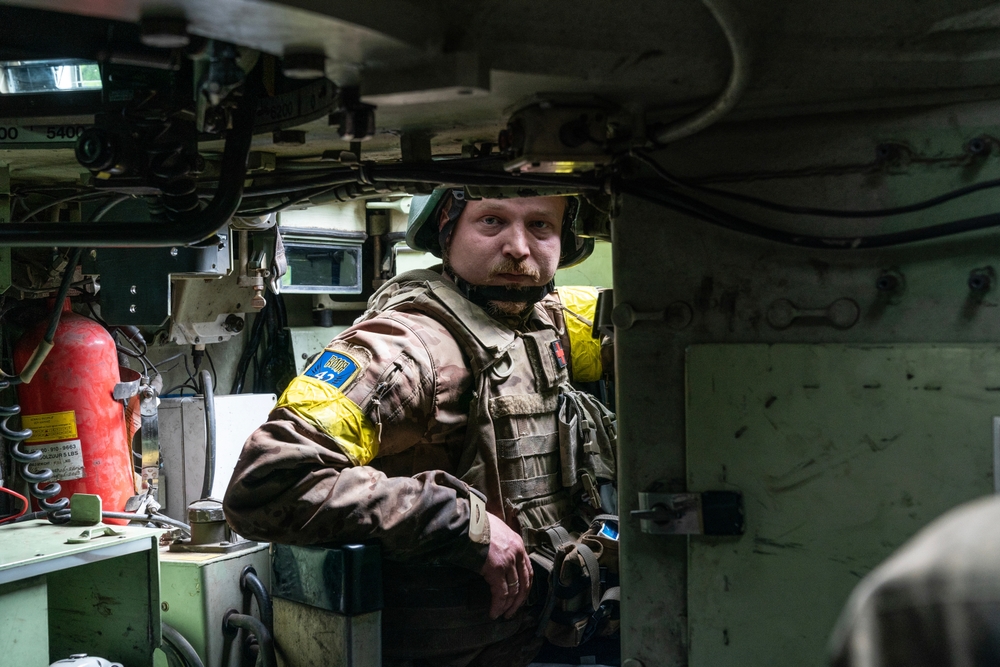This isn’t the first time Russian missiles hit during training.
Others are reading now
This isn’t the first time Russian missiles hit during training.
Troop Training to Go Underground
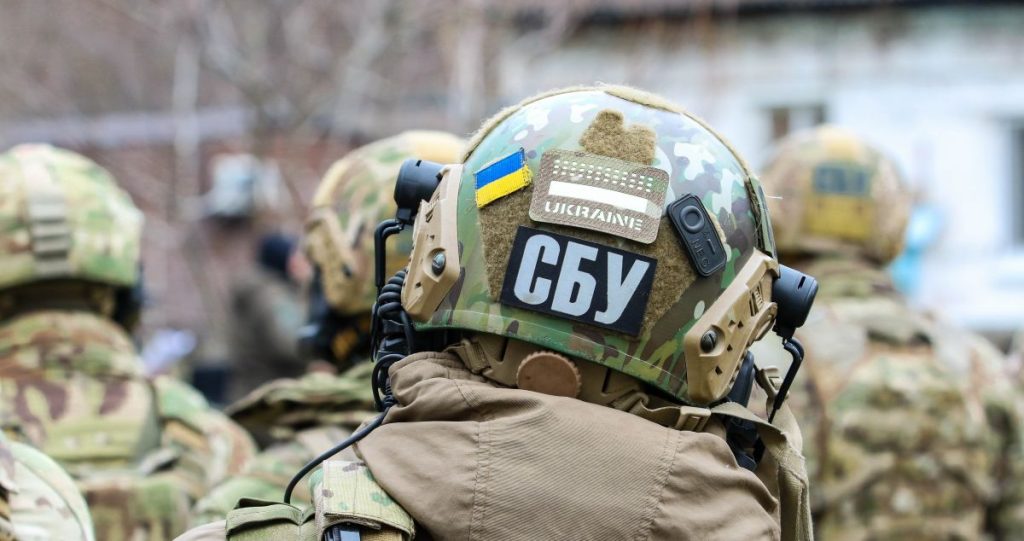
Following deadly Russian strikes on Ukrainian military training bases, General Oleksandr Sirsky has made a bold decision: move training underground.
He says this will better protect soldiers from missile and drone attacks, which now threaten all parts of Ukraine.
“All of Ukraine Is Within Range,” Sirsky Warns
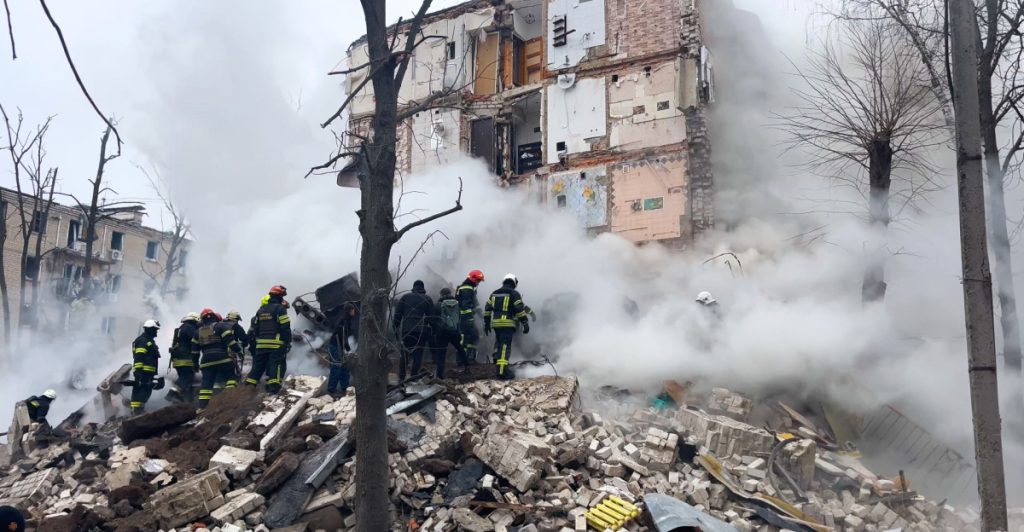
In a statement released after a recent military meeting, General Sirsky said that no region in Ukraine is safe from Russian attacks.
For that reason, he wants as much of the military training as possible to happen underground.
Also read
Russian Strike Kills Three at Military Base

On Tuesday evening, a Russian missile hit a Ukrainian training base. The attack left three soldiers dead and 18 others injured.
An official investigation is now underway to determine if mistakes were made by local commanders.
Spring Attack Sparked First Warnings
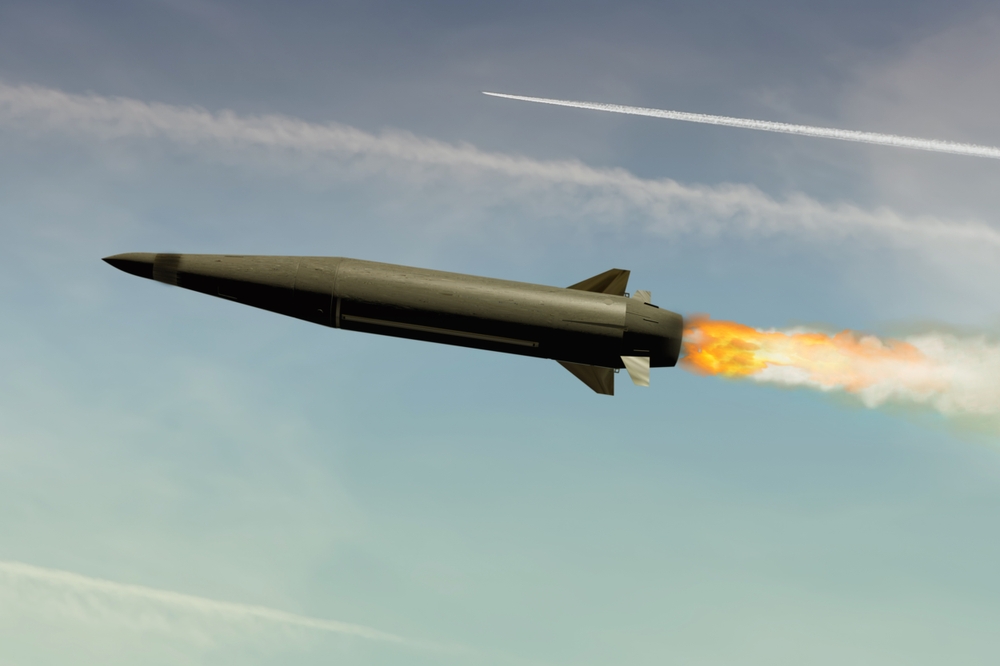
This isn’t the first time Russian missiles hit during training.
Back in March, a ballistic missile struck during an exercise in the Dnipropetrovsk region.
Ukrainian officials believe Russian drones spotted soldiers just before the strike.
Also read
Commanders Suspended After Missile Incident

After the March attack, Sirsky suspended two local commanders.
Ukraine’s Investigative Bureau also opened a criminal case to investigate the deaths caused by the missile strike.
Training Extended to 51 Days
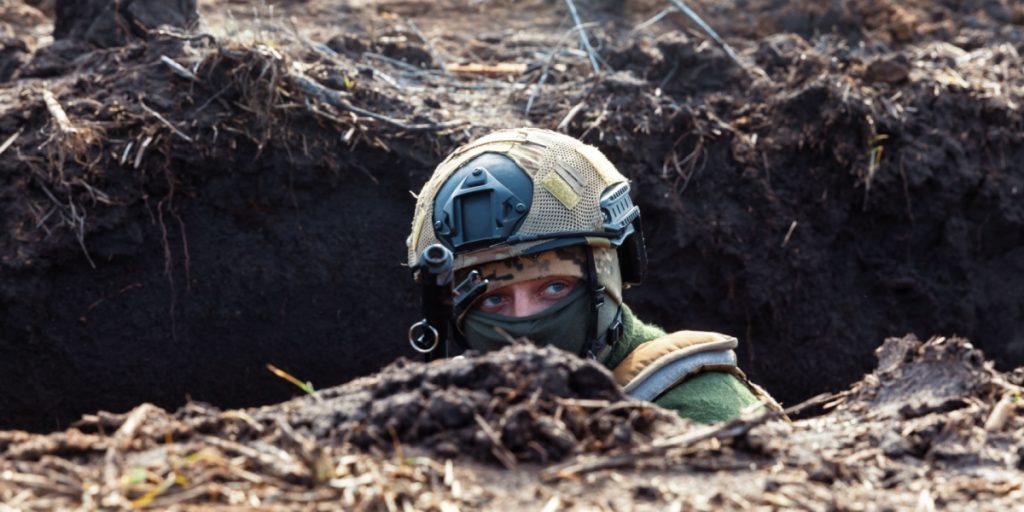
The Ukrainian army has updated its training program to keep soldiers better prepared.
New modules include drone warfare, trench survival, and engineering. The full course now lasts 51 days, two days longer than before.
Focus on Safety and Readiness
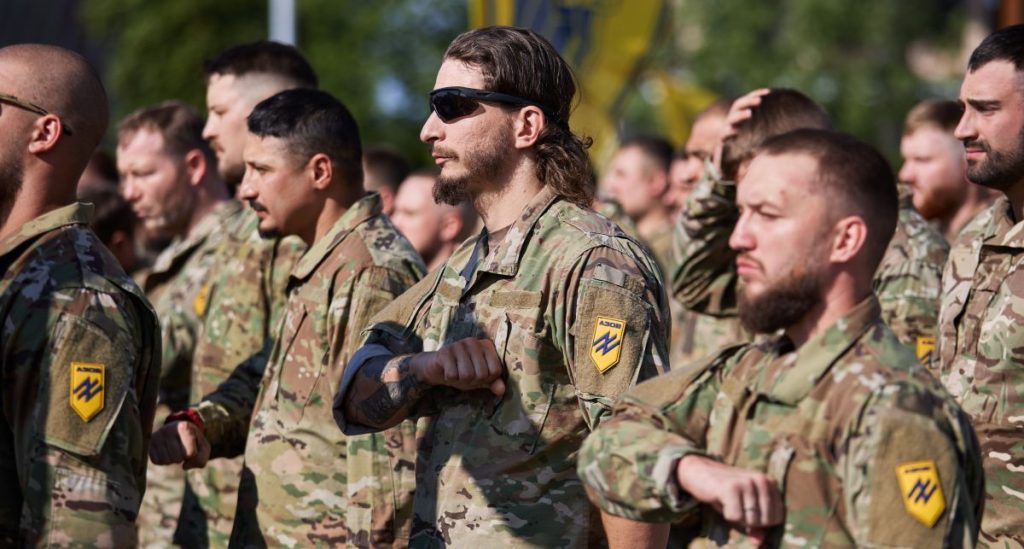
“The better trained our soldiers are, the safer they will be, and so will Ukraine,” Sirsky said.
Also read
Plans are also underway to build new instructor schools, with support from the “Come Back Alive” charity.
These schools will help teach soldiers the skills they need to survive in today’s war environment.

